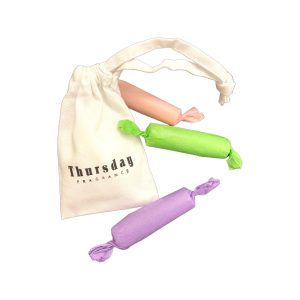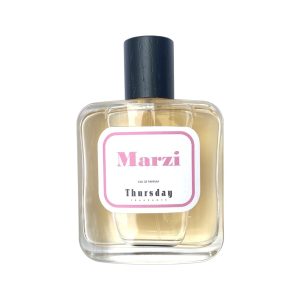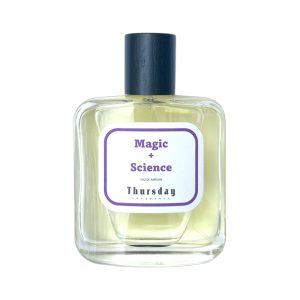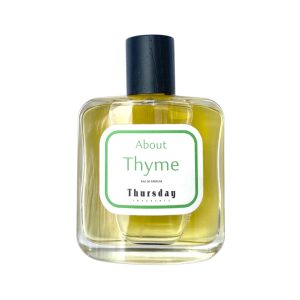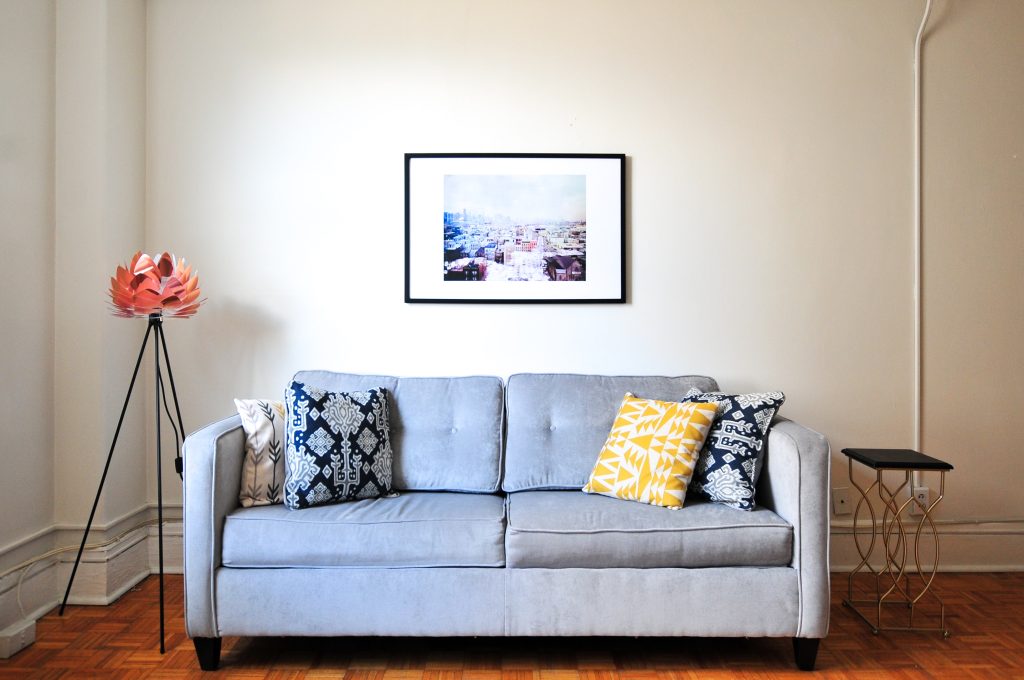
What do longevity and sillage have to do with it?
It’s drilled into us that a good fragrance lasts a long time. But that’s just not true, certain materials – great materials – are more volatile than others. That means they evaporate quickly so they won’t, and can’t, last a long time. If perfumers steered away from these ingredients, we would never have any sunny citrus scents.
Many fragrance consumers also seem to be under the impression that they need people to smell them coming, or their scent should remain in the room even when they’ve gone, known as sillage. So, when a fragrance doesn’t waft out as far as we think it should, we assume it can’t really be a good fragrance.
It’s time to adjust our attitude
Think of perfume like a piece of art for your home. Firstly, do you want to buy it from a high street shop or a supermarket? Or would you prefer to buy a print or an original from an independent artist? Then think about who you want to see the art on your sitting room wall; the whole street? Or just the people you invite into your home? There are no wrong answers to these questions, but your answers might help guide you towards the best fragrance for you.
Skin scents
If you don’t want an in-your-face (and everyone else’s) scent, then you might find a skin scent more appealing. Skin scents sit close to your skin so they’re just for the wearer to appreciate… and anyone who gets up close and personal with them. This type of fragrance is becoming increasingly popular alongside all-natural scents. Part of the reasons for this is because many natural ingredients just don’t have sillage that synthetics do, the two go hand in hand.
There are some ways to get the most out of your fragrance, skin scent or otherwise. Find out more here.
So what does make a good scent then?
You just need to like it, that’s all.
It’s really that simple. Don’t worry about whether it’s trendy or expensive, or what other people will think of it. Wear a fragrance because of how it makes you feel.

